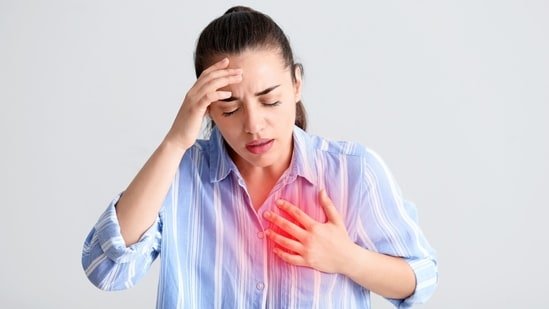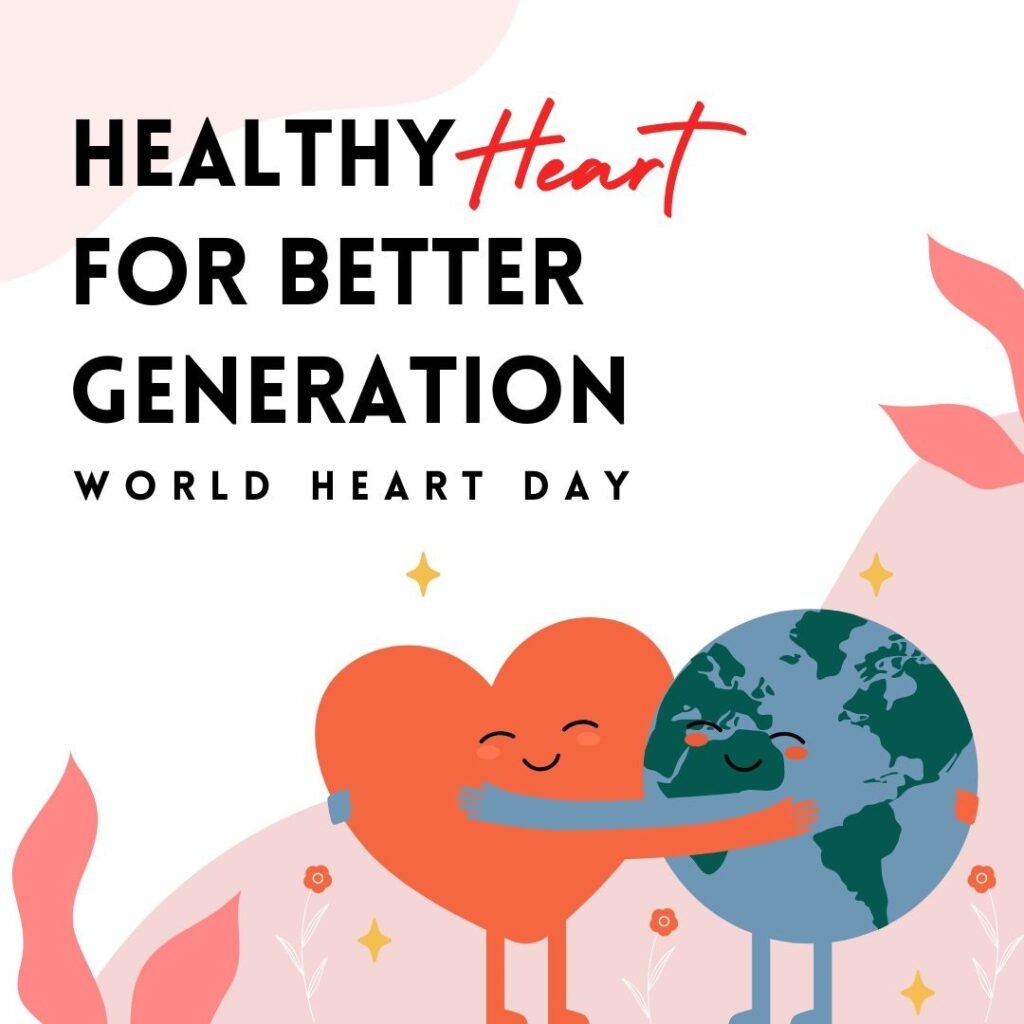
CABANATUAN CITY (PIA) — The Department of Health Central Luzon Center for Health Development is promoting the use of medicines and healthy lifestyle as key strategies in preventing and managing Alzheimer’s disease.
Bataan General Hospital and Medical Center Neurologist Gerard Erikson Gonzales explained that dementia is the umbrella term for a group of symptoms affecting memory, thinking, communication, mood, and daily activities, while Alzheimer’s disease is the most common type of dementia.
“Dementia is a general term for a group of symptoms that affect memory, thinking, communication, mood, and the ability to perform daily activities, while Alzheimer’s disease is only one type of dementia, which also includes vascular dementia, Lewy body dementia, frontotemporal dementia, and others,” he said.
He stated that symptoms include memory loss, difficulty with problem-solving, confusion about time and place, poor communication, misplacing objects, poor judgment, withdrawal from activities, and changes in mood or behavior.
Gonzales identified risk factors such as high blood pressure, obesity, diabetes, smoking, excessive alcohol intake, head injuries, depression, social isolation, environmental pollution, and unhealthy lifestyle habits.
He said that there is still no cure for dementia, but medications like cholinesterase inhibitors and NMDA receptor antagonists can help manage symptoms and slow the disease’s progression.
“At present, there is no medicine that can reverse or completely cure dementia, but in hospitals and clinics, we provide treatments to manage its symptoms. These include two groups called cholinesterase inhibitors and NMDA receptor antagonists, such as Donepezil, Rivastigmine, and Memantine,” he explained.
Gonzales stated that the goal of giving these medications is to prolong the period during which patients can care for themselves in their daily activities.
He added that these drugs also help with depression, fearfulness, and anxiety, while regular intake can slow down the progression of dementia.
Studies show patients without medication experience rapid deterioration within two years, but those who take medicines and undergo regular check-ups with their doctor see a slower progression of the condition.
Gonzales said the Alzheimer’s Disease Association of the Philippines developed a pictograph on dementia prevention, which emphasizes avoiding alcohol, pollution, and head injuries; treating depression, high blood pressure, diabetes, and hearing loss; staying socially connected, being active, eating properly, maintaining a healthy weight, pursuing continuous learning, and avoiding smoking.
He reminded families that during consultations, patients must be accompanied by someone living with them at home so doctors can obtain accurate information for proper diagnosis and treatment.
“Sometimes during history taking, if the patient is only accompanied by a neighbor, we cannot obtain accurate information, so we ask that suspected dementia patients be brought to check-ups by someone who actually lives with them,” he emphasized.
Gonzales assured the public that patients need not worry about expenses because government hospitals implement zero balance billing, with only simple blood tests or occasional CT scans sometimes required.
“In terms of financial aspects, patients need not worry because government hospitals implement zero balance billing, although we sometimes require simple blood tests or CT scans,” he stressed.
The DOH reiterated its call for early detection, prescribed medication, and healthier lifestyles as key strategies in managing dementia and protecting the well-being of patients and their caregivers. (CLJD/MCAL, PIA Region 3-Nueva Ecija GIP)






